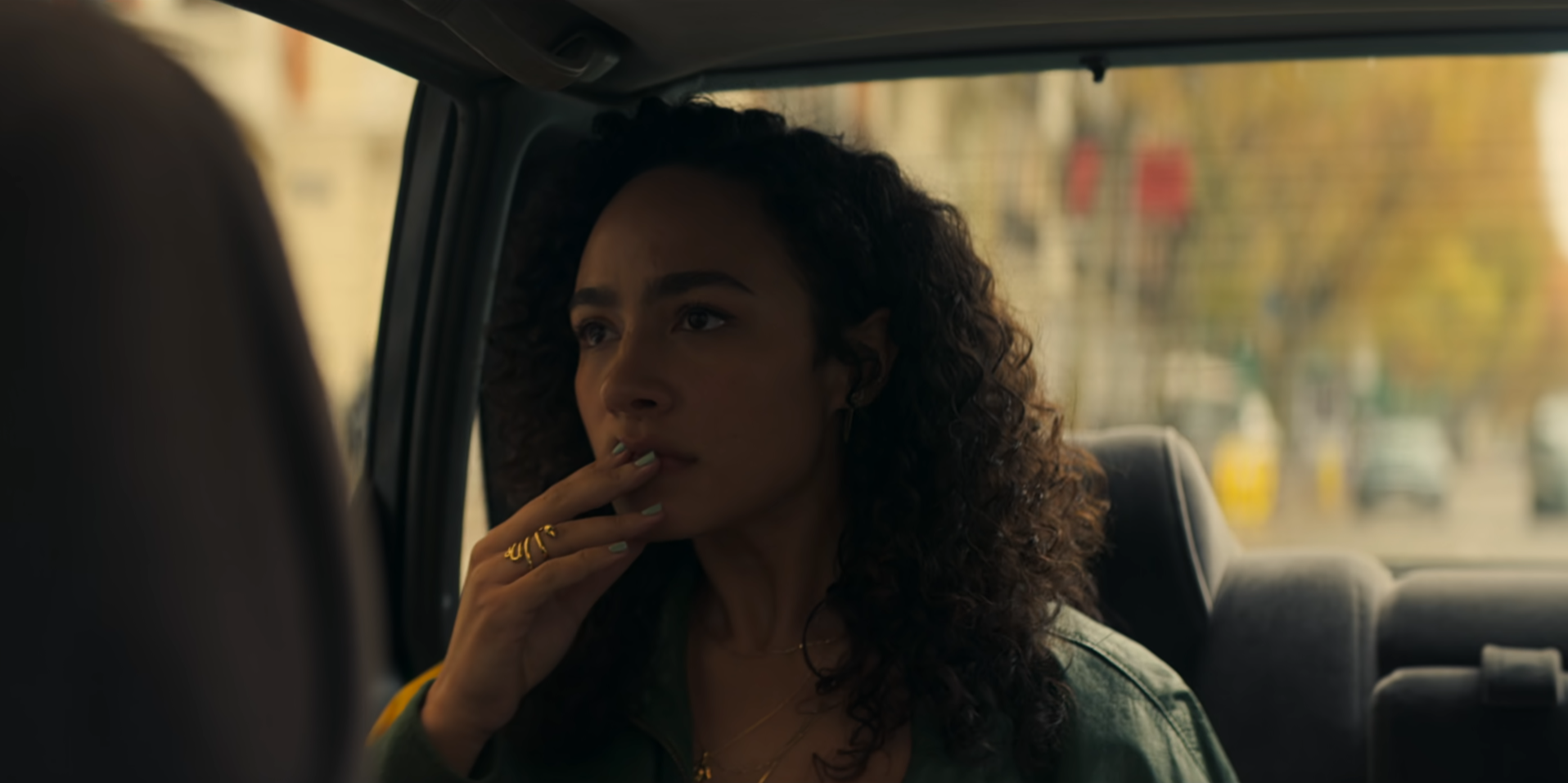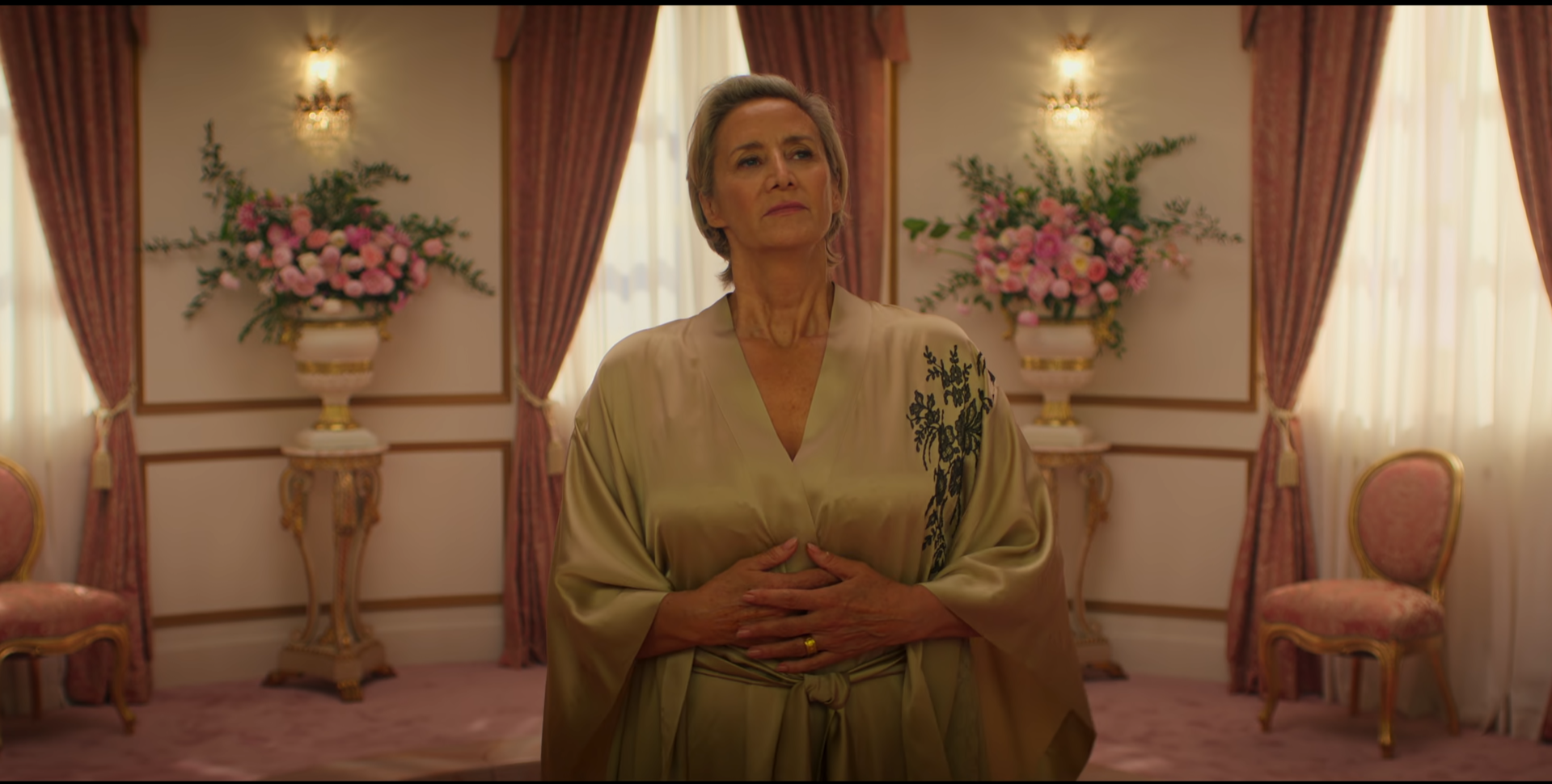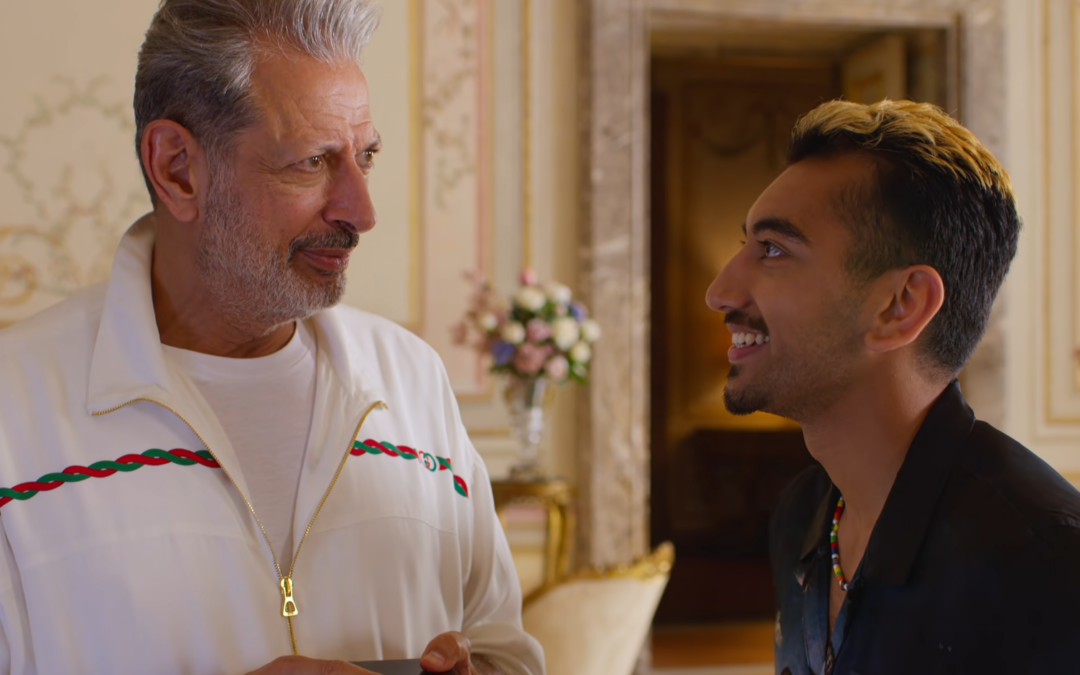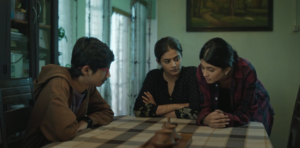Introduction:
Kaos is a bold, irreverent take on Greek mythology that flips the script unexpectedly. Created by Charlie Covell, known for The End of the F**ing World, this dark comedy brings ancient gods into the modern world, and the results are chaotic. Zeus, paranoid over a wrinkle on his forehead, spirals into madness, while three humans uncover their links to an ancient prophecy that could upend everything.
The blend of myth, modern-day absurdity, and dark humor makes Kaos a unique watch. Stay tuned, as we’ll dive into an episode-wise review soon, dissecting the madness bit by bit.

The show opens with Prometheus, imprisoned for knowing too much about Zeus. His narration immediately paints Zeus as a vain and insecure god, obsessed with his power. The story pivots to Earth, where Riddy, living in Crete, is stuck in an unhappy marriage with the famous musician Orpheus. Their strained relationship is apparent, and Riddy’s thoughts are consumed by her growing desire to leave him.
Things take a turn when Riddy meets a strange woman in a supermarket, who cryptically tells her that “today is the day” she leaves her husband. Riddy’s internal turmoil deepens, and she heads to Hera’s church to confess her darkest feelings — that she no longer loves Orpheus and wants out of her marriage. This confession holds greater significance as Hera, queen of the gods, gains power from these admissions.

Meanwhile, Orpheus is blissfully unaware of Riddy’s struggle and dedicates his latest song to her in a grand performance. The episode’s tragedy strikes when, shortly after her confession, Riddy is struck and killed by a car. In a surreal twist, Dionysus, the bored god of pleasure, witnesses her death. Distraught and seeking purpose, he decides to help Orpheus, marking the beginning of a divine intervention in mortal affairs.
Kaos starts with an intriguing and unconventional Greek mythology retelling, blending modern life with ancient gods. The episode’s strength lies in its portrayal of flawed, all-too-human gods — particularly Zeus, whose paranoia about a wrinkle on his forehead sparks fear of his downfall. The gods’ meddling in mortal affairs is presented with a dark sense of humor, and their interactions are riddled with tension and cynicism.

Riddy’s storyline provides a grounded emotional anchor amidst the divine chaos. Her tragic end, just as she confesses her unhappiness, sets the tone for the series’ exploration of love, fate, and power. Dionysus, on the other hand, offers some much-needed levity, but his existential crisis adds another layer of depth to the show. His decision to leave Olympus and “find his purpose” among humans injects humor and intrigue.
The blending of ancient myth and modern-day struggles is what makes Kaos stand out. While the gods may be larger-than-life, their pettiness and insecurities make them deeply relatable. This episode sets the stage for what could be a chaotic, emotionally charged journey, full of surprising twists. The mix of dark humor, mythology, and tragedy makes this debut a captivating introduction, leaving us eager to see how the prophecy unfolds and where the gods’ meddling will lead.





